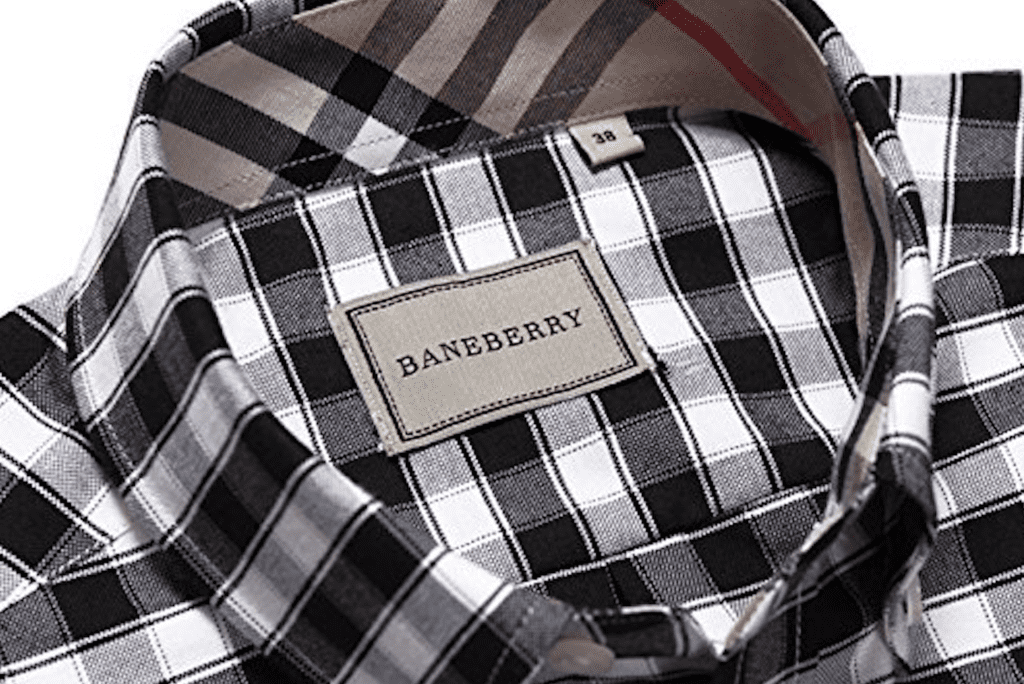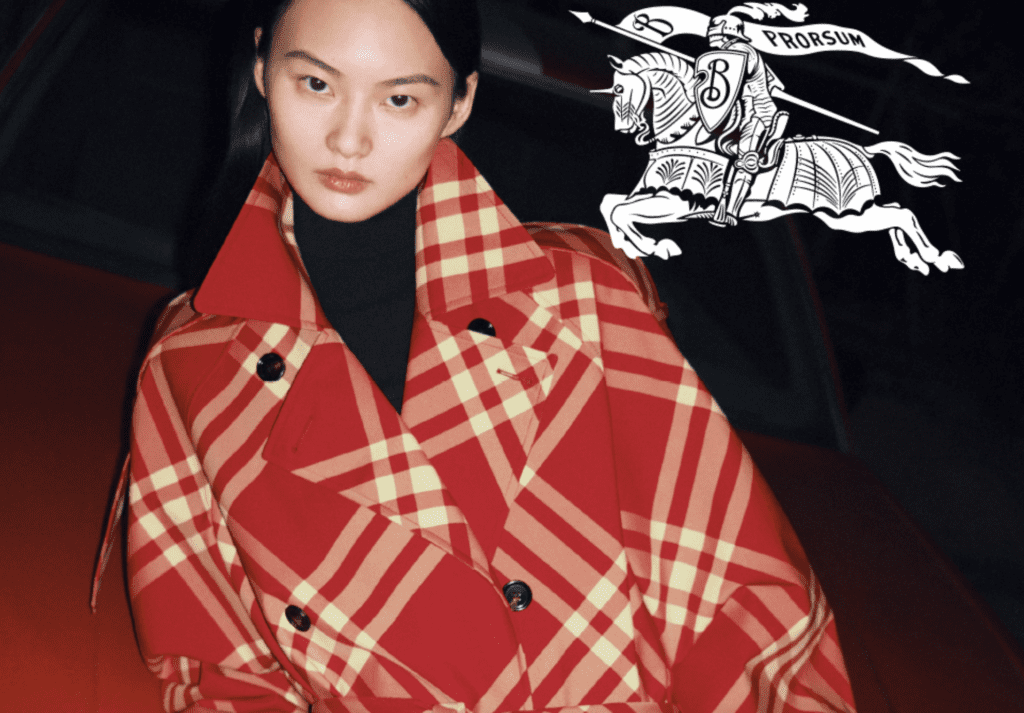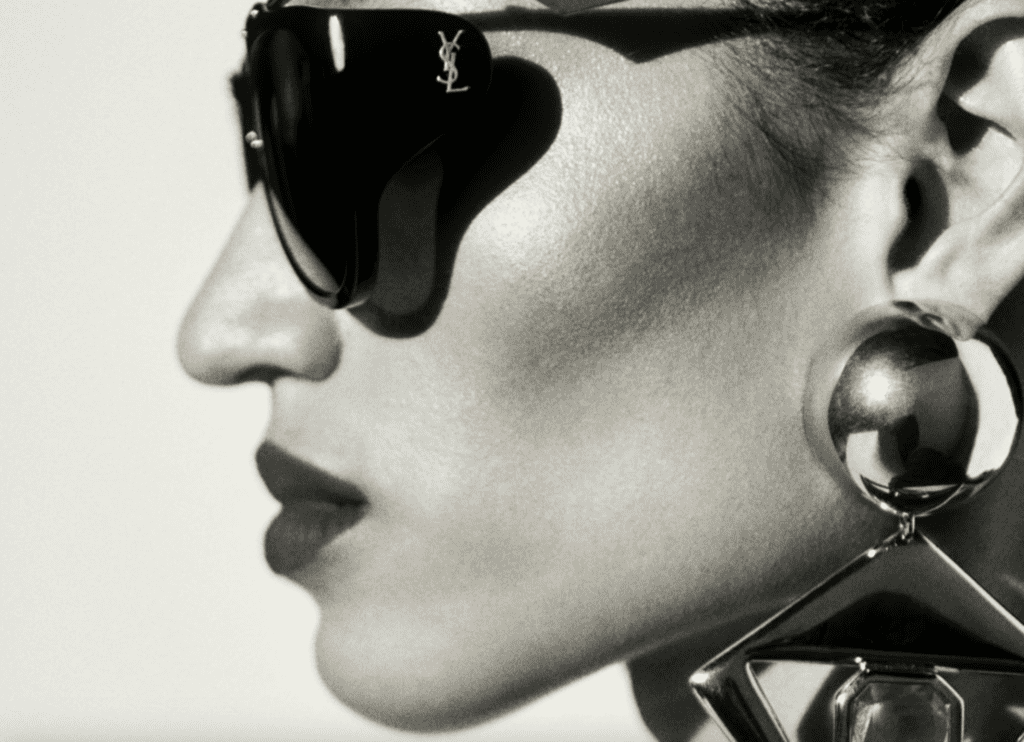Burberry has prevailed in a trademark infringement and unfair competition case in China, with a high court upholding a previously ordered injunction that blocks a serial infringer from using a number of Burberry’s trademarks. In a second-instance judgment, the Jiangsu Provincial High People’s Court recently affirmed a lower court’s award of injunctive relief that bars Xinboli Trading Shanghai from using Burberry’s check pattern mark, a logo that mimics Burberry’s equestrian knight mark, and the confusingly similar “Baneberry” word mark. In addition to extending the duration of the injunction, the court awarded Burberry RMB 6 million ($831,255) in damages and granted “well known” status for the trademarks at issue, thereby, enabling Burberry to enjoy heightened protections for those marks.
Some Background: The case got its start back in 2020 when Burberry filed suit against Xinboli Trading, accusing the apparel and accessories company – which was doing business as Baneberry – of marketing and sale of products bearing trademarks that infringe its “Burberry” word mark, check pattern, and equestrian logo on Tmall and WeChat, as well as via a “wide-spreading network of over forty pop-up stores” in shopping malls and outlets in large Chinese cities, which “caused confusion among a large number of consumers.”
Burberry nabbed an initial win in January 2021 when the Intermediate People’s Court of Suzhou awarded it a preliminary injunction, which required Xinboli Trading to cease its use of the infringing marks for the duration of the litigation. In its decision, the court also took issue with the defendants’ use of lookalike product tags and packaging, as well as marketing language, in which they claimed that the “Baneberry” brand “originated from Jermyn Street in London and that its most symbolic ‘British lattice’ is a classic element of the fashion industry.”
In granting the injunction, the court noted that there was urgency at play given that Baneberry was “sell[ing] in similar sales channels (mall, outlets in first and second tier cities such Shanghai, Nanjing, Hangzhou, etc.) that overlap” with Burberry’s distribution channels, and thus, could give rise to confusion among consumers as to the source/nature of the Baneberry wares.

> The issuance of a preliminary injunction in Burberry’s favor was noteworthy, with Schwegman Lundberg & Woessner’s Aaron Wininger stating at the time that “while permanent injunctions are common in China in intellectual property infringement cases, preliminary injunctions are much rarer – although increasing.”
Xinboli Trading maintained Chinese trademark registrations for “Baneberry” and the lookalike equestrian knight logo for more than five years at the time that Burberry filed suit. (The five-year time period is significant, as the China Trademark Law places a five-year limit on the filing of actions aimed at invalidating a registration from the time that a mark is registered.) Despite such registrations, the Intermediate People’s Court sided with Burberry, finding that Xinboli Trading’s trademarks were registered by the defendants in bad faith, namely, in an attempt to piggyback on and profit from the established appeal of the Burberry brand. As such, the court found that the registrations should be subject to invalidation even though Burberry had filed suit after the five-year invalidation window had closed.
A Final Win for Burberry
In addition to injunctive relief and monetary damages, one of the significant elements of the Jiangsu Provincial High People’s Court’s newly published decision is the resulting revocation of Xinboli Trading’s registrations. According to counsel for Burberry at Lusheng in Beijing, the attorneys for the British fashion brand “collected and submitted over 5,000 pieces of evidence …to highlight that Burberry’s trademarks were [already] well-known in China” in 2006 and 2009, which is when Xinboli Trading sought to register its infringing marks with the China National Intellectual Property Administration, and thus, that its applications for registration were filed in bad faith.

Attorneys for Burberry say that they were able to get Xinboli Trading’s registrations revoked in accordance with Article 45 of the Trademark Law of the People’s Republic of China, which provides that a registered trademarks may be revoked if it is “used on crudely manufactured commodities that are passed off as being of high quality, and thus, deceives the consumers, the administrative departments for industry and commerce at various levels.” At the same time, Article 45 provides an exception to the five-year invalidation period in the event that a party (Burberry in this case) can prove its trademark(s) was well-known in the Chinese market in connection with the relevant goods or services before the filing date of the contested registration(s).
“Although not defined by the China Trademark Law, ‘bad faith registration’ has been clarified through judicial interpretations and guidelines,” per CCPIT Patent & Trademark Law Office’s Yang Shi, who points to the “Guidelines for the Trial of Trademark Right Granting and Verification Cases” that the Beijing High People’s Court issued.
According to the Guidelines, factors for determining whether a registration has been secured in bad faith include: (1) a high degree of similarity exists between the disputed trademark and the prior well-known trademark; (2) the prior well-known trademark enjoys strong distinctiveness and high reputation; (3) the owners of the disputed trademark and the well-known trademark have previously entered into business collaborations; (4) business locations of the two [parties] are close; (5) since registration of the disputed trademark, the filing party has engaged in other acts of unfair competition that take advantage of the reputation of the well-known trademark; and (6) the owner of the disputed trademark filed applications for registration for other well-known trademarks.
Reflecting on the outcome of the case, Alice Yu, who represented Burberry, said, “Strategically, [the case] shows how well positioned China is for temporary injunction protection and combating malicious trademark registrations, and it signposts confidence in China’s judiciary. We’re seeing that seeking civil litigation and even interim injunctions is increasingly becoming a way for brands to resolve bad faith trademark squatting in China.”











